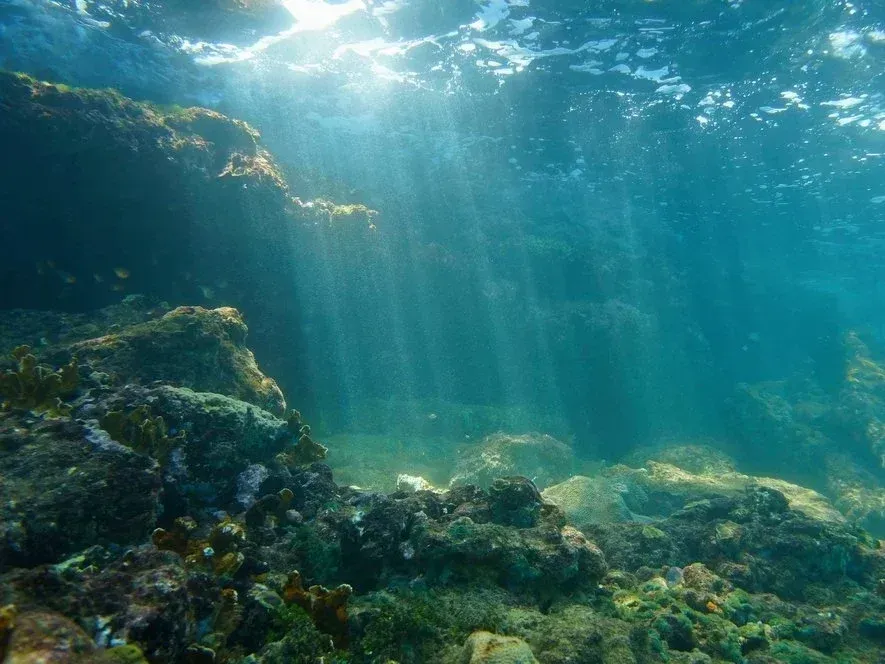Archaeologists discover traces of a 3600-year-old Bronze Age ship in the bay near Antalya
Kyiv • UNN
Archaeologists have discovered traces of a 3,600-year-old Bronze Age ship carrying copper ingots that sank off the coast of Turkey in the 16th century BC.

Researchers believe that a cargo ship carrying copper ingots sank off the coast of Turkey in the 16th century BC.
This was reported by UNN with reference to Spiegel.
Details
One of the oldest sunken ships in the world - or at least what's left of it - may be located in a bay near the Turkish city of Antalya. According to a German publication that cites the popular science online magazine Scinexx, archaeologists have discovered traces of a Bronze Age vessel that was loaded with copper ingots.
The ship is estimated to be 3600 years old.
The ship is believed to be the oldest of its kind, dating back to the Minoan era. The Bronze Age ship was transporting copper from Cyprus and sank in the Gulf of Antalya after colliding with rocks.
The researchers were unable to locate the ship itself, but according to information from the press release and Andrzej Pydyn, who led the investigation, only of the cargo-copper -provided clues to the ship.
So far, 30 copper ingots have been found, which experts call "oxide ingots." One of these ingots weighs about 20 kilograms. According to them, the location indicates that the ship collided with a rock and then quickly sank. Apparently, the hull was damaged, and then the cargo rolled down the slope, which is very steep in this place. In some places, individual ingots were found, in others - several at once, according to the team of experts.
The copper we know from the Uluburun debris is extremely pure, and I suspect that the copper from our debris is similar, although much older
It has now been established that the shape of the copper ingots and their age prove that typical oxide ingots appeared before 1500 BC, which is earlier than previously thought.
This confirms a very early and complex scale of copper trade, as well as fragments of bronze vessels
. We are interested to see what else is under the copper cargo and whether we will find anything at all

Recall
Archaeologists have confirmed that the remains discovered in an ancient Greek tomb in 1977 belong to King Philip II, the father of Alexander the Great.
A unique paleontological find of the Jurassic period was to be exported from Ukraine